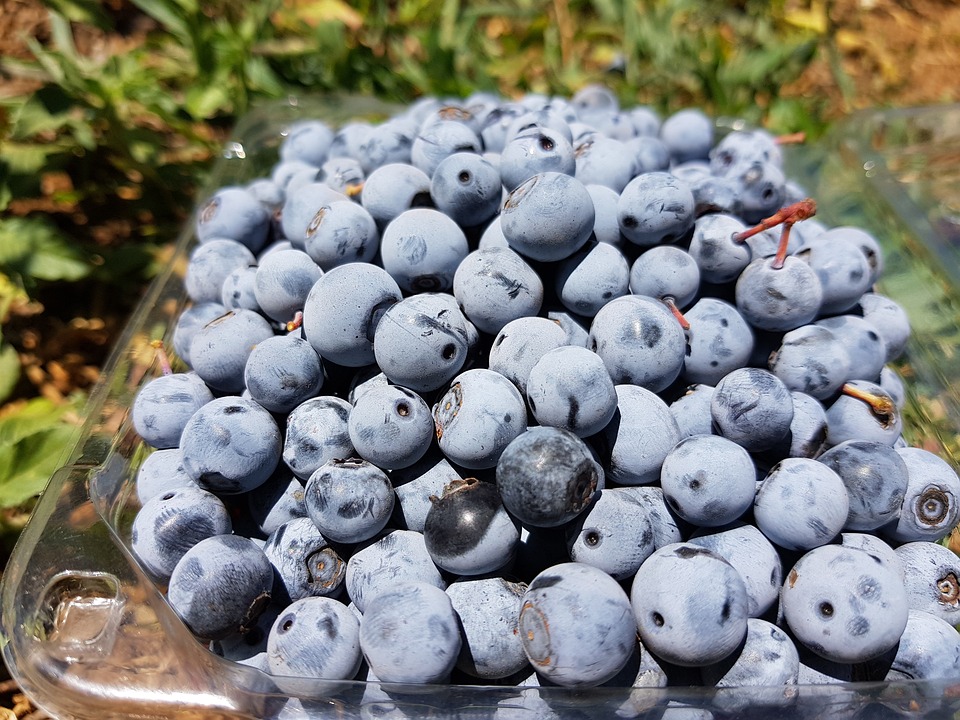It wasn’t the verdict Charles Hall envisioned.

“Very surprised and very, very disappointed,” he said following Thursday’s International Trade Commission (ITC) vote on the Section 201 investigation into serious injury surrounding blueberry imports.
The ITC deemed that imports of fresh, chilled or frozen blueberries are not a serious injury to the domestic industry. It goes against what members of the American Blueberry Growers Alliance testified about during the virtual hearing with the ITC in January. Statistics say blueberry imports have increased exponentially, while the Southeast farmers have paid the price.
“It’s very disappointing for the effort put into this and the data and personal experiences and the harm that’s been shown and they’ve decided there hasn’t been any harm shown,” said Hall, executive director of the Georgia Fruit and Vegetable Growers Association (GFVGA). “It’s very disheartening.”
Staggering Statistics
“The other side was trying to make the case that the imports of blueberries did not have an effect. Since 2009 to 2019, I think is the data that we’ve got, it was over 2,000% increase. It’s just amazing. They basically won the case, won the battle; their increasing in imports didn’t have an effect on prices dropping,” Hall added.
“I don’t understand how you can have that many blueberries come into the market, prices dropping the way they were dropping and the imported berries don’t have an effect on that.”
The investigation ends as a result and the commission will not recommend a remedy to the President. But it doesn’t end the fight of blueberry farmers in the Southeast. They’re imploring consumers to buy local.
“We’ll be looking at whether there’s other ways to adjust the U.S. trade laws. The sad part about this is, they have shown they can produce and ship in product, whether it’s berries or whatever it might be, other vegetables with $10 a day labor. They can ship it in cheaper than we can produce it here,” Hall said. “It’s going to be up to the American consumer to support t he American farmer if we’re going to continue to produce fruits and vegetables in the U.S.”









